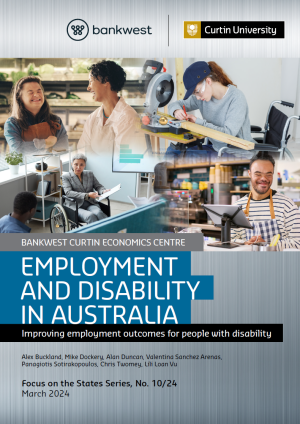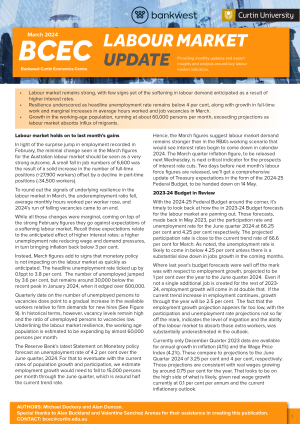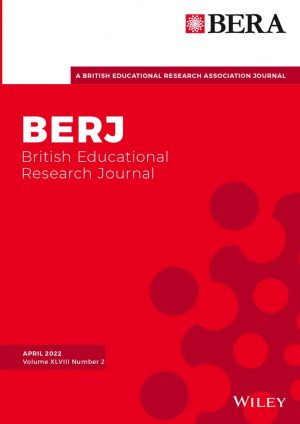Parental expectations of children’s higher education participation in Australia
The role of parental expectations in determining children’s higher education participation is important in understanding both participation and potential policy responses
Using a nationally representative longitudinal survey of Australian households, providing repeat observations on expectations for individual children, this study extends the literature in several respects.
First, it examines the adaptation of parental expectations over a 4-year time frame.
Second, it looks at how parental expectations for school children are associated with actual higher education outcomes in the future.
Third, the longitudinal aspect of the dataset permits more robust analyses of factors that shape parental expectations.
The findings indicate that parental expectations of their children’s attendance at university are generally stable across time. Perceptions of children’s academic achievement at school are shown to be the key influence in shaping parents’ expectations, and behavioural issues at school adversely affect expectations.
Australian parents from non-English-speaking backgrounds were more likely to form positive expectations of university participation by their children, consistent with studies from other countries.
A more nuanced picture of the formation of expectations for sole-parent mothers is also presented.
Positive effects of parental education and children’s enrolment in a private school on parents’ expectations, over and above any effect on school achievement, highlight these socioeconomic factors as potential causal channels for the intergenerational transmission of socioeconomic outcomes.




